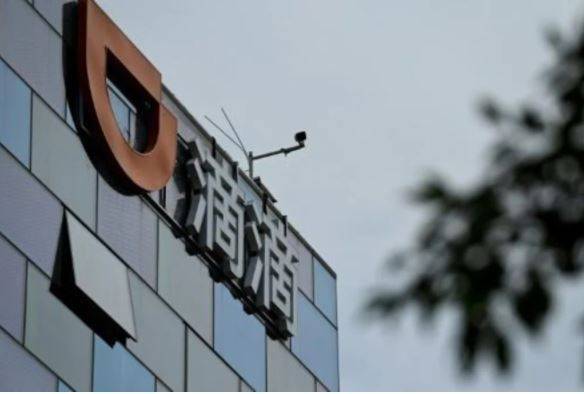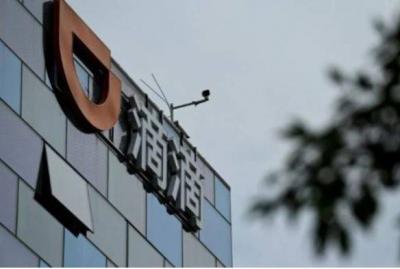The Chinese group "Didi Chuxing," equivalent to Uber in China, announced in a brief statement that it will withdraw from the New York Stock Exchange on Friday, having joined it in the summer, thus becoming a victim of the competition between Beijing and Washington in the technology sector. The group stated that it has "started, after careful consideration, the process of withdrawing from the New York Stock Exchange with immediate effect and has begun preparations for an initial public offering in Hong Kong."
This represents a significant blow to shareholders as the company lost approximately 45% of its value in the New York market over five months. Chinese startups were encouraged to conduct IPOs in the United States for their development. In 2014, the giant e-commerce group Alibaba launched the largest IPO ever on Wall Street, raising $25 billion. However, amid rising tensions with Washington, particularly in the technology sector, Beijing is now encouraging Chinese startups to raise funds in its own stock markets (Hong Kong, Shanghai, Shenzhen, or now Beijing).
Unlike many other Chinese companies, Didi proceeded with its IPO in the United States at the end of June, raising about $4.4 billion (3.7 billion euros) as it dominates the ride-hailing market in its country. However, this move displeased Beijing, which fears the transfer of sensitive data to the U.S. Chinese authorities launched an administrative investigation against Didi related to its collection of private data, and for the first time, they banned the downloading of the company’s app in a significant action against a major technology group.
Nevertheless, this measure was ineffective as "Didi" users had already downloaded the app on their phones. Angela Zhang, a Chinese law expert at the University of Hong Kong, told AFP that this decision is "not surprising" following the "hard lesson" that Chinese authorities taught Didi to regulate the markets. She added, "Now all Chinese tech companies will take data security issues seriously."
The company's decision came just hours after the U.S. adopted rules imposing stricter restrictions on foreign companies listed on the stock exchange. The U.S. Securities and Exchange Commission is now authorized to delist companies whose accounts are not audited by a certified firm, and Chinese and Hong Kong companies are known for not complying with this requirement.




